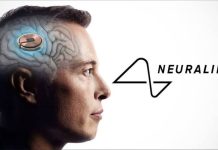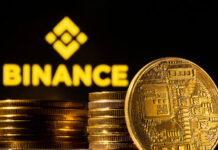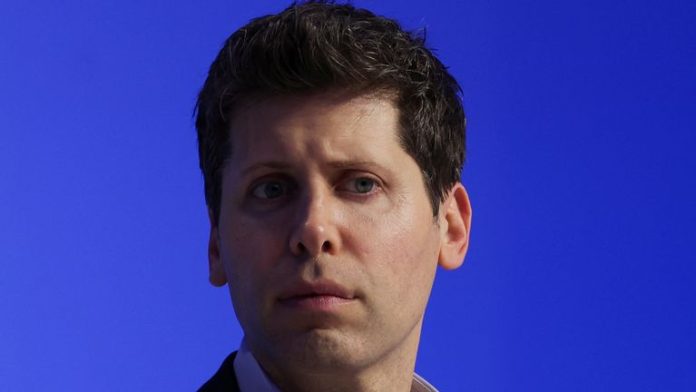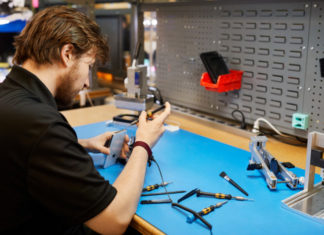In a stunning turn of events, OpenAI announced on Wednesday that Sam Altman, who was ousted as CEO less than a week ago, will be returning to lead the company. This decision comes in the wake of intense pressure from employees and investors, including a threat from hundreds of staff members to leave for Microsoft if Altman wasn’t reinstated.
The controversy began with Altman’s abrupt firing, attributed by the board to his alleged lack of candor. The move triggered a wave of dissent, with co-founder Ilya Sutskever and other employees publicly expressing their discontent. The situation escalated to the point where Microsoft CEO Satya Nadella, a significant investor in OpenAI, publicly expressed his surprise and dissatisfaction with the decision.
In a surprising twist, prominent investors, including Microsoft, Tiger Global, Thrive Capital, and Sequoia Capital, worked behind the scenes to reverse the board’s decision. This group, without board seats, successfully influenced the reinstatement of Altman, signaling a rare instance of investor intervention in executive leadership.
We are encouraged by the changes to the OpenAI board. We believe this is a first essential step on a path to more stable, well-informed, and effective governance. Sam, Greg, and I have talked and agreed they have a key role to play along with the OAI leadership team in ensuring… https://t.co/djO6Fuz6t9
— Satya Nadella (@satyanadella) November 22, 2023
The reshuffling of OpenAI’s board accompanies Altman’s return. Bret Taylor, former co-CEO of Salesforce, is set to chair the new board, joined by Larry Summers, former U.S. Treasury Secretary, and Adam D’Angelo, CEO of Quora. The change aims to provide more stability and effective governance, according to Nadella.
Microsoft, a major financial backer of OpenAI, appears to be a significant beneficiary of this upheaval. Altman and co-founder Greg Brockman are now set to lead a new AI lab at Microsoft, reinforcing the tech giant’s influence in the AI space. Microsoft’s swift response and investment in OpenAI showcase the strategic importance of AI in their long-term plans.
Altman’s vision for OpenAI, emphasizing the quick development and commercialization of AI tools, seems to have prevailed. Despite his public cautions about the risks of AI, internally he pushed for faster product launches and profitability. The recent release of ChatGPT, OpenAI’s chatbot, contributed to the company’s meteoric rise, making it one of the most talked-about startups globally.
i love openai, and everything i’ve done over the past few days has been in service of keeping this team and its mission together. when i decided to join msft on sun evening, it was clear that was the best path for me and the team. with the new board and w satya’s support, i’m…
— Sam Altman (@sama) November 22, 2023
The chaotic sequence of events also saw the appointment of interim CEO Emmett Shear, former Twitch CEO, before Altman’s reinstatement. Shear expressed relief on X, highlighting the resolution as a pathway that maximizes safety and benefits all stakeholders involved.
Altman’s ousting had drawn comparisons to historic CEO departures, with some likening it to Apple’s decision to part ways with Steve Jobs in 1985. The uproar from the tech community reflected Altman’s reputation as a transformative leader, with figures like Eric Schmidt and Brian Chesky praising him as a visionary.
OpenAI, originally structured as a nonprofit, deviated from typical Silicon Valley startup models. The company’s unique approach and emphasis on responsible AI development drew attention, particularly as it resisted conventional corporate structures.
The reinstatement of Altman not only quells internal unrest but also positions OpenAI to continue its mission in the AI industry. The company, recently valued at $86 billion, remains a key player in shaping the future of artificial intelligence.
As Altman returns to OpenAI and the dust settles, the tech community watches closely to see how the company will navigate the delicate balance between innovation, responsible AI development, and commercial success. The unexpected twists and turns of this saga underscore the challenges and complexities inherent in leading groundbreaking endeavors in the rapidly evolving field of artificial intelligence.












































